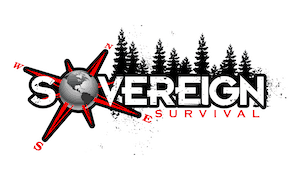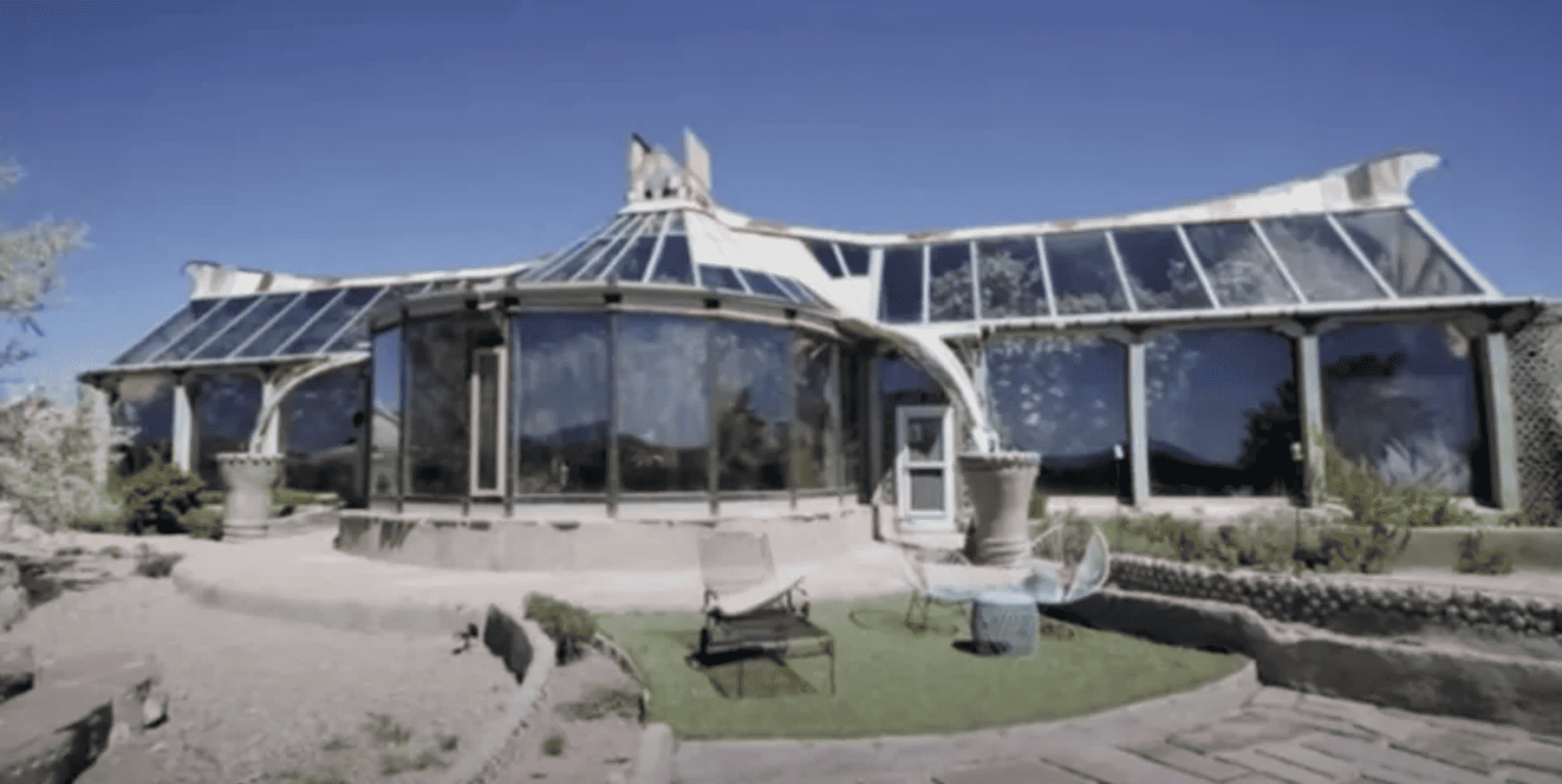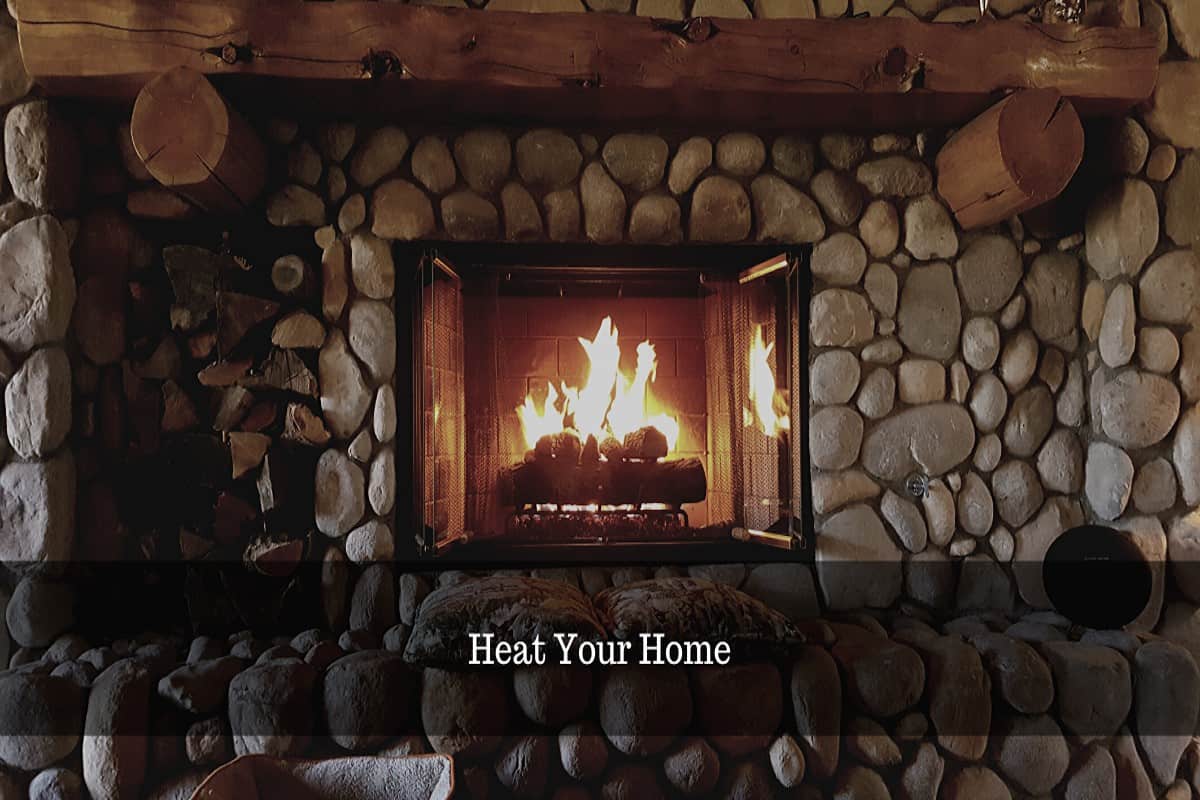It’s tough being self-sufficient in a society where everything is tied together. Utilities lock us into a grid of water services and electrical energy.
Well, it’s a little easier to survive the loss of water, the contamination of a water source. Top up a room with plenty of bottled water, and purchase some high-quality water filters. Boil the water if you have to in order to survive.
Recommended: How To Store Water for Long Term Emergencies
Electricity has a few more challenges to cope with. There’s the expense of a portable generator, and you need a constant supply of fuel to make this route realistic, right? Pause for a minute and think of one source of power far from the grid and available all day long.
The sun is overhead, and the energy it radiates is free.
Solar panels have been around for decades. Their reputation used to fall into the average, impractical category, simply because they lost more energy than they stored.
Today’s panels are a whole lot more energy-efficient, staying cooler, absorbing greater amounts of energy, and converting that energy into heat for your property as well as electrical power. Even when the clouds have sent the sun away for the day, the newer classes of solar panels will still soak up any light filtering down.
That’s a massive benefit if you’re preparing a cabin out in the backwoods, or even if you’re just getting your family residence prepped. And, unlike older technology, you’re no longer using the solar panels just to warm water for a hot shower, cutting your utility bills.
You’re partway to cutting the dependency you have on the city grid, using the electricity generated by the solar panels to light your rooms. It’s age-old, comforting peace of mind, knowing that when the power goes down, for whatever reason, you’re ready to switch over to your backup system, conserving precious fuel in your generator by using battery stored energy from the sun.
Argue against fitting these panels by saying you already have backup power from your basement generator and solar panel systems are too expensive to fit and install.
Well, that’s only partially true. Inexpensive solar panels can be found at larger hardware stores now, and they’re a great deal more portable than they used to be.
A 50-Watt system only costs a few hundred dollars, while a larger system may reach upwards of a couple of thousand dollars. But, remember, this is free energy from the daylight sky. It pays for itself within a couple of years. Keep using the solar panels, heating household water, lighting, small appliances, and watch utility bills shrink.
The technology is there right now, in hardware stores and from dedicated manufacturers. Okay, the 50-Watt and 60-Watt versions may only hold a limited amount of energy for lighting and low current devices, but this is portability that can fit in the back of a four-wheel-drive vehicle and be ferried up to a cabin.
Meanwhile, the larger systems, expensive as they are, use larger photovoltaic cells and an inverter panel to convert DC electricity to AC and power larger appliances, filtering the power directly into the power distribution panel and cutting power bills by up to 50%.
Do your homework and buy the system that suits you. A full-scale residential system costs serious cash, but it pays for itself, absorbing free sunlight.
Visit your electronics store or local hardware store and look for a portable version, buying solar panels to fit any need, from a log cabin in the woods to emergency solution for unscheduled blackouts. Feel the peace of mind from generating your own power.






